
Review: Black Panther
This Afro-futurist film is a game-changer in the MCU and the superhero genre.
It’s finally here! I remember when I first saw T’Challa (Chadwick Boseman), the Black Panther, in Captain America: Civil War (2016). I was completely blown away. When it was announced he would star in his own film I got so excited, and I eagerly started anticipating the release of this film – it felt like the longest wait ever. From the release of its trailer in July until the moments before I saw the film, I couldn’t wait for its release. With every new trailer, still and poster I got more and more hyped.
And now, it’s finally here – and again I was blown away. I was speechless. Black Panther deserved all the hype and more; it far exceeded my already very high expectations. I absolutely loved it!
The character of Black Panther first appeared in an issue of the Fantastic Four in July 1966. Black Panther was the first Black superhero in mainstream American comics. Created by Stan Lee and Jack Kirby (two white guys), T’Challa was a symbol of anti-racism during the peak of civil rights movement. The character predates the radical black nationalist/socialist organisation, The Black Panther Party, by a few months and the name was purely coincidental. In fact, Stan Lee and Jack Kirby tried to distance themselves from people associating the character with the party by briefly renaming him Black Leopard. Not only was Black Panther a black superhero, but an African superhero. The character was incredibly important for Black representation, but at the same time also problematic. So with the first adaptation of Black Panther finally on the big screen, director Ryan Coogler and co-writer, Joe Robert Cole, made some important changes to the character and story for modern Black audiences.
Black Panther begins a week after the events of Civil War. In Civil War, T’Challa was introduced, for the first time on screen, as the noble prince of Wakanda. Wakanda is a fictional country located in East Africa. After a bomb kills his father, King T’Chaka (John Kani), T’Challa, as heir to the throne of Wakanda, is set to become the king, as well as the new Black Panther: a role each new monarch takes. The first shots of the film are breath-taking. The film begins with a CGI depiction of the history of Wakanda, which shows how the different tribes went to war over a meteorite containing vibranium. Vibranium, the fictional metal, has incredible powers and has made Wakanda the richest and most technologically advanced nation on Earth. However, to the rest of the world, Wakanda is just another poor African nation full of suffering people because it hides in plain sight to avoid outside interference.
The film draws clear parallels with real-world colonial history, bringing awareness to how African nations have been colonised, plundered, had their people kidnapped and killed, had their resources drained and how they continue to suffer from the effects of colonialism and neo-colonialism. The film also draws on the history of decolonisation and Black revolutionary movements in the 20th century, with sub-Saharan African nations gaining independence from colonial powers, African-American political movements, the rise and fall of revolutionary African leaders and military dictatorships. Early on in the film, there’s a scene where T’Challa and Okoye (Danai Gurira) the leader of the Dora Milaje fighting force, extract his ex-lover Nakia (Lupita Nyong’o) from an undercover assignment so she can attend his coronation ceremony. There’s a visual reference to the Chibok girls who were kidnapped by terrorist organisation Boko Haram in Nigeria in 2014, with the kidnapped girls in the car dressed in hijabs.
The film follows T’Challa as he becomes King of Wakanda and the new Black Panther, and as he struggles with the enormous new responsibility as ruler of a wealthy African nation. The central conflict of the film arises when he is rivalled and challenged by Erik Stevens (Michael B. Jordan) also known as Killmonger, who disagrees with Wakanda’s isolationism. Coogler, who also directed Fruitvale Station (2013) and Creed (2015) both featuring Michael B. Jordan, has a unique vision. He ties in his hometown of Oakland, California into the film as the city where Killmonger grew up. The minor changes from the comics help to enhance its story, because despite it being a big budget blockbuster it’s also a very personal film. In interviews, both Ryan Coogler and Chadwick Boseman have talked about wanting the film to be as authentically African as possible. As African-Americans, they have been disconnected from their roots and both went to visit several countries in the continent to discover more about cultures from the continent they’re descended from. The character of Killmonger, brilliantly played by Michael B. Jordan, is in a way a proxy for African-Americans. Although he is an antagonist and may be described as a villain because he’s in opposition to the hero’s goal, the great thing about his characterisation is that his motives are complex.
The film looks absolutely gorgeous. It is shot by Rachel Morrison, the first woman ever to be nominated for an Oscar for best cinematography, and it’s one of the most beautiful films I’ve ever seen. The beautiful black skin of the actors glow and pop in the lighting. From the extreme long shots of the rolling hills on the outskirts, to the snowy mountains where the ostracised Jabari tribesmen reside, to the Utopian afro-futurist cityscape, the landscapes of Wakanda look absolutely gorgeous. It’s distinctly African and modern.
And there’s plenty of eye candy – what a cast! Chadwick Boseman is fantastic as the regal and stoic T’Challa, and whilst he’s not the most interesting character, Boseman plays him very well. Michael B. Jordan is perfect as Erik Killmonger, one of the best performances of a villain (or antagonist), up there with Heath Ledger’s performance as the Joker in The Dark Knight (2008). It’s a difficult performance to pull off; he is ruthless and violent in his methods but charming at the same time, and as we learn more of his backstory, he becomes far more sympathetic. But whilst I loved both of their performances, my favourite characters had to be Shuri (Letitia Wright) and M’Baku (Winston Duke). Shuri is the younger sister of Black Panther and the source of much of the film’s comedic moments. The film has the perfect balance of humour and drama, and never overdoes it. It’s better not to spoil the lines, but she had the audience laughing whenever she was on screen. M’Baku is just the best; as the leader of the tribesman, he’s inexplicably the only character with a Nigerian accent compared to the rest of the cast’s South African ones, leading to hilarious line readings.
You don’t need to have seen other films in the MCU to understand this film; it works perfectly on its own. Other than T’Challa, T’Chaka, and Ayo (Florence Kasumba), the only other characters we’ve previously seen are the token white guys in this film: Ulysses Klaue (Andy Serkis) a South African arms dealer who works with Killmonger; and Everett K. Ross (Martin Freeman) a CIA agent who T’Challa brings to Wakanda after he saves Nakia’s life. It has an absolutely stellar cast of Black actors from across the Diaspora. Oscar-nominated Daniel Kaluuya as W’Kabi, Angela Bassett as Ramonda, Forest Whitaker as Zuri, Sterling K. Brown as N’Jobu and so on.
The music is also excellent, with an original score composed by Ludwig Göransson, who mixes West African drum rhythms, South African vocals and different sounds from the continent. In addition, the costume design is exquisite, drawing from many different cultures. Black Panther (if you’d excuse the pun) is a marvel. A fresh and updated adaptation of the first Black superhero for modern audiences, it is very important for representation to see a Black superhero as the protagonist of his own film. We’ve had films like Blade (1998) and Hancock (2008) in the previous two decades, but those were anti-heroes and nothing on this scale; of this magnitude and spectacle. It is, in my opinion, by far the best film in the MCU yet and one of the best superhero films ever made.





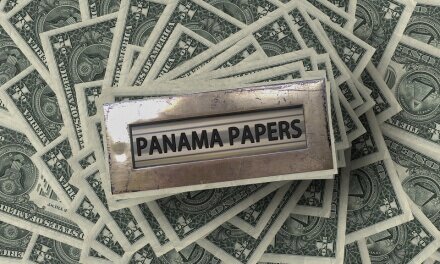
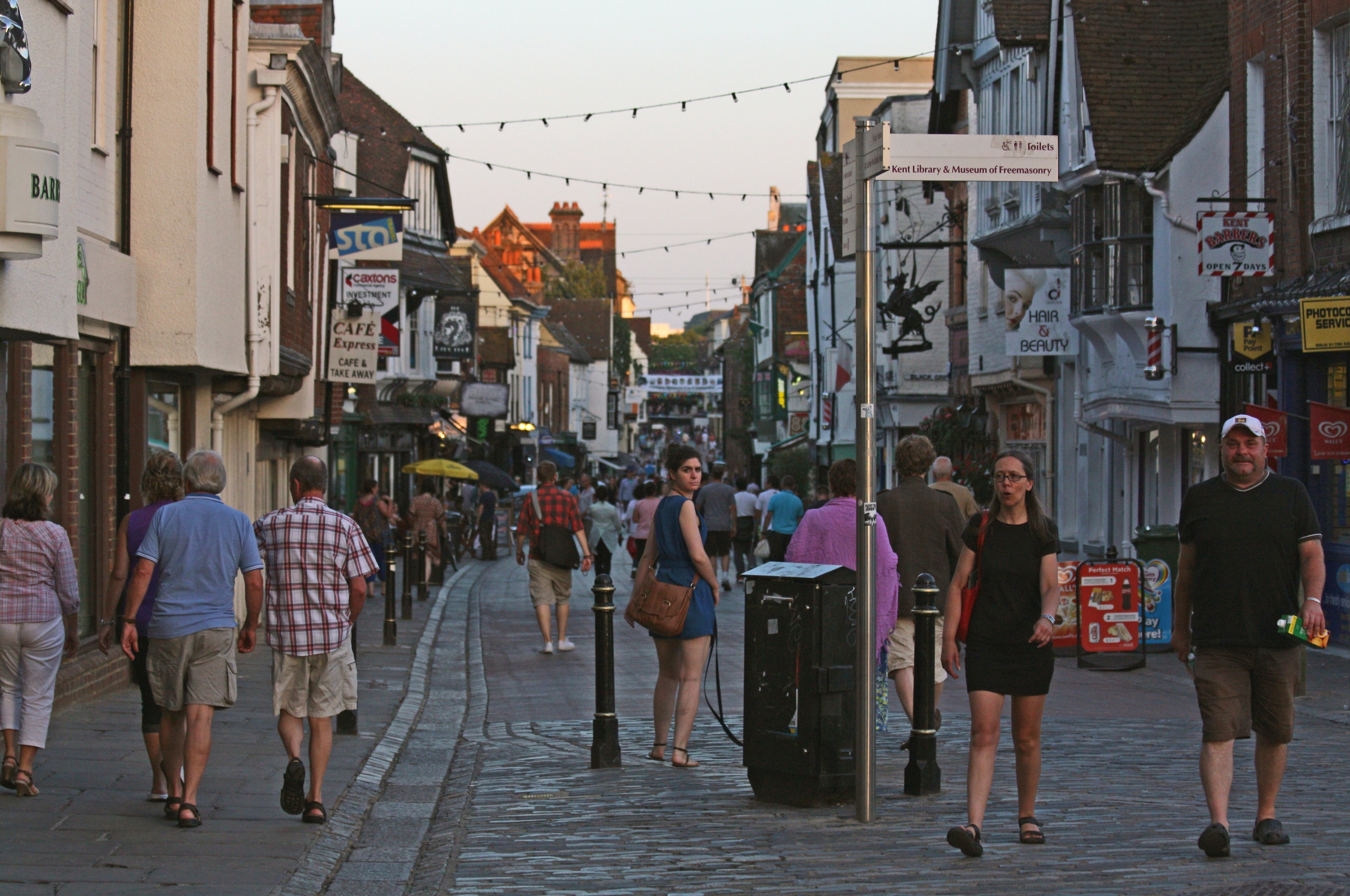

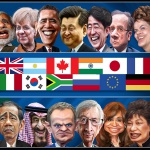





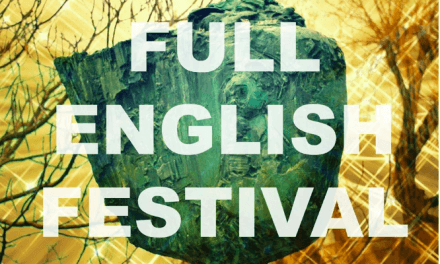




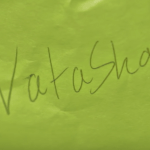
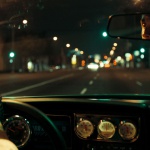
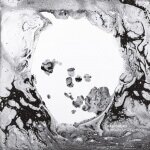
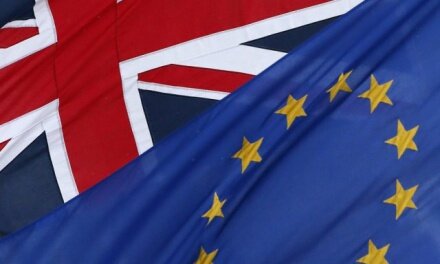
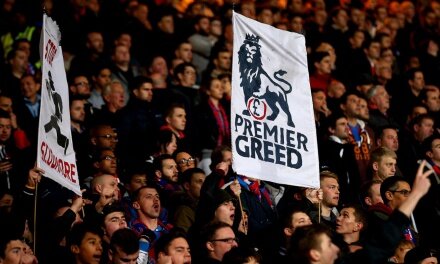

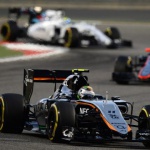
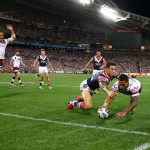

Discussions